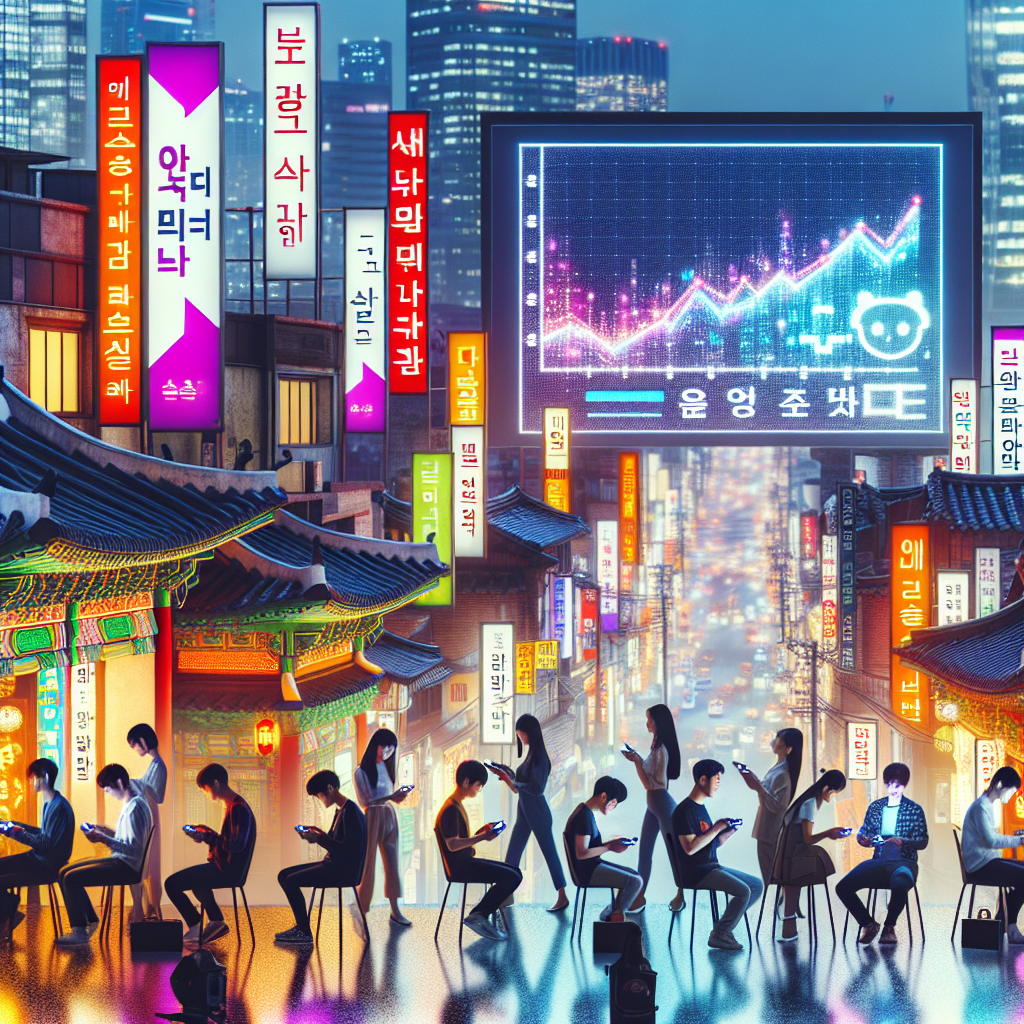Cultural Impact: What South Korea’s Gaming Trends Tell Us About Society
Introduction
In recent years, South Korea has emerged as a powerhouse in the global gaming industry, capturing the attention of gamers and cultural analysts alike. While gaming has long been a prevalent form of entertainment worldwide, South Korea’s unique trends reveal deep insights into societal values, the influence of technology, and the dynamics of modern life. This article explores the multifaceted impact of gaming in South Korea, illustrating how it mirrors social structures, technological advancements, and cultural shifts.
The Rise of Competitive Gaming
One of the most striking features of South Korea’s gaming landscape is its emphasis on competitive gaming, or esports. Beginning in the late 1990s and early 2000s, with popular titles like "StarCraft," esports swiftly grew into a national phenomenon. The establishment of professional leagues, team franchises, and dedicated training facilities transformed gaming into a legitimate career path, much to the amazement of the international community.
This phenomenon illustrates a crucial aspect of South Korean society: a collective dedication to excellence and achievement. The intense commitment to training and gameplay mirrors societal pressures where hard work and success are highly valued. As a result, South Korea has successfully created a culture where gaming is not merely a pastime but a respected professional field, thereby reshaping perceptions of what constitutes a viable career.
Social Interaction and Community Building
Gaming in South Korea also serves as a vital medium for social interaction. With high-speed internet widely available and a culture that embraces digital communication, online gaming has become an essential platform for building friendships and communities. Multiplayer online games like "League of Legends" and "Overwatch" allow players from diverse backgrounds to connect, share experiences, and collaborate towards common goals.
This trend is particularly relevant in a society where traditional social structures are evolving. The rise of digital communities offers individuals, particularly the youth, a space where they can express themselves freely, create bonds with like-minded peers, and foster a sense of belonging. The phenomenon of "PC bangs" (internet cafes) serves as a physical manifestation of this community, where people gather not only to play but to engage socially.
Mental Health Awareness
As gaming becomes an integral part of South Korean culture, discussions surrounding mental health within the gaming community are gaining traction. The country has witnessed alarming rates of gaming addiction, leading to increased scrutiny and calls for regulation. Conversely, there is a growing movement advocating for mental health awareness and the responsible use of gaming as a therapeutic tool.
This duality reflects broader societal conversations about mental health in South Korea, a nation where the stigma surrounding mental health issues has gradually begun to diminish. The visible impact of gaming addiction has prompted both government intervention and societal re-evaluation of mental health practices. Initiatives aimed at promoting healthy gaming habits highlight the need for balance and the recognition that gaming can be both a source of joy and a potential risk.
Technological Integration and Innovation
South Korea’s advances in technology are closely tied to its gaming trends. The country boasts some of the fastest internet speeds in the world, and this connectivity has been a boon for both gamers and the gaming industry. The seamless integration of augmented reality (AR) and virtual reality (VR) games into everyday life exemplifies this trend. Games like "Pokémon GO" have facilitated outdoor social interactions while driving the growth of local businesses that cater to gamers.
Moreover, the government’s investment in the IT sector and emphasis on innovation fuels the gaming industry’s growth. As technology continues to evolve, gaming trends in South Korea reflect society’s adaptability and willingness to embrace change. This relationship underscores the significance of digital literacy and skill development in a rapidly transforming job market.
Conclusion
The gaming trends emerging from South Korea illustrate much more than just entertainment; they serve as a lens through which we can better understand contemporary society. From the rise of esports as a professional career to the importance of online communities and the growing emphasis on mental health, gaming has become a pivotal part of South Korean culture. As the global gaming landscape continues to evolve, the insights gleaned from South Korea will undoubtedly spark conversations about the role of gaming in our lives and challenge us to consider its broader social implications. Ultimately, the vibrant gaming culture in South Korea beckons us to reflect on the values and identities that shape our modern world.




